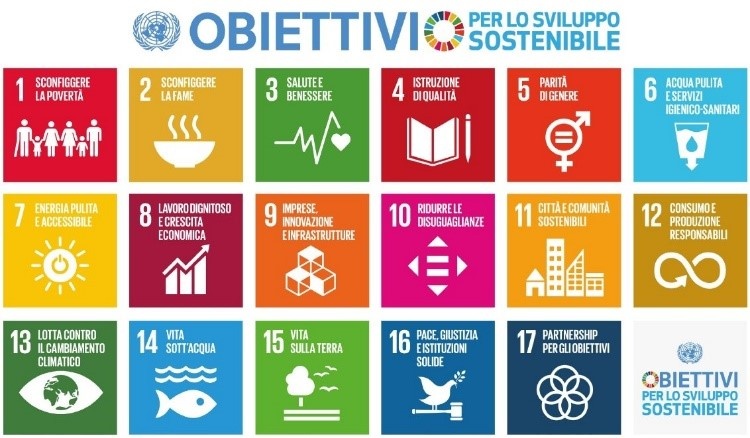In Term 3, Year 8 immersion students focused on the Global Goals for Sustainable Development established by the 2030 Agenda of the United Nations.
Each student drew from a hat one of the 17 objectives of the 2030 Agenda, and created a detailed presentation on the goal in Italian.
The students followed a presentation template that helped them cover the importance of each goal. Using resources in Italian obtained from the UN website, their creativity and thinking skills, each student explained the meaning of their goal, its importance, what we want, can and must do as individuals and communities to achieve this goal. In addition, to conclude, each student included their opinion on the feasibility of the goal under discussion... Can we achieve this goal by 2030?
Many students agreed that some goals, such as number 2 (zero hunger) and number 15 (life on Land), cannot be achieved by 2030 due to excess production, consumption, and wastage of resources. However, other goals, such as number 5 (gender equality) and number 1 (zero poverty) could be achieved if children and young people were educated to greater awareness, and if the world's population began to think about the common good and share resources more equitably.
All students agree that goal 17 (the partnerships for the goals) is one of the main goals, because we cannot achieve the other goals if countries do not cooperate.

Mimi Hammond presented on objective 12, consumption and production.
Students have worked hard to complete this project in Italian.
Their effort was visible in their presentations, ideas and reflections on how to achieve a more sustainable world.
Well done students, we are very proud of you! Now we can only hope that these pupils will continue to work on their awareness for sustainable development and follow their own advice in preparation for 2030... Actions matter more than words, right?












